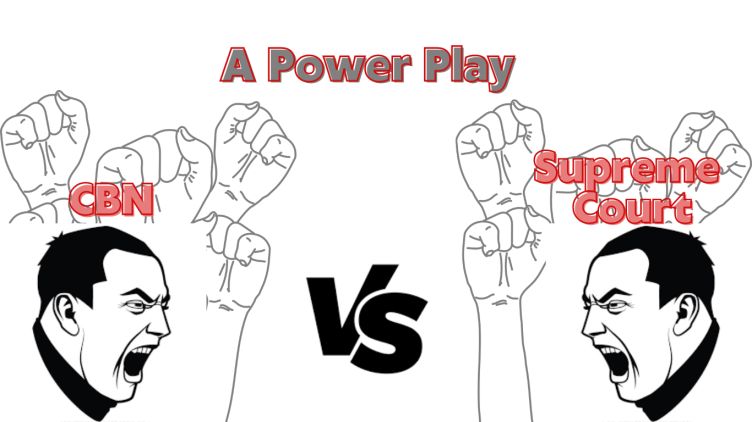A Power Play: CBN v Supreme Court
By: Ifunanya Denye Anyene

In today’s climate, the most important question on everybody’s mind is who has superior power; the Supreme Court or the Central Bank of Nigerian (CBN)?
Section 287(1) of the 1999 constitution provides that, “the decisions of the Supreme Court shall be enforced in any part of the Federation by all authorities and persons, and by courts with subordinate jurisdiction to that of the Supreme Court.” In short, any ruling by the Supreme Court is final and cannot be varied. But the CBN President seems to think otherwise. So let’s establish the jurisdiction of the Supreme Court.
Essentially, the naira redesign and daily cash withdrawal limit policies falls within the abyss of power of the Central Bank of Nigeria, and only the Federal High Court has constitutional jurisdiction in disputes arising from or related to policies from the Central Bank. Section 251(1) (d) Constitution of the Federal Republic of Nigeria, 1999 provides:
“Notwithstanding anything to the contained in this Constitution and in addition to such other jurisdiction as may be conferred upon it by an Act of the National Assembly, the Federal High Court shall have and exercise jurisdiction to the exclusion of any other court in civil causes and matters — connected with or pertaining to banking, banks, other financial institutions, including any action between one bank and another, any action by or against the Central Bank of Nigeria arising from banking, foreign exchange, coinage, Legal Tender , bills of exchange, letters of credit, promissory notes and other fiscal measures…”.
However, another important question worth acknowledging is whether the ex parte order made by the Supreme Court of Nigeria is binding on the Central Bank of Nigeria? Section 1(3) or the Central Bank Act 2007 provides that the Central Bank of Nigeria “is an independent body in the discharge of its functions”. Further, Section 17 of the CBN Act provides that
“The Bank shall have the sole right of issuing currency notes and coins throughout Nigeria and neither the Federal Government nor any State Government, Local Government other person or authority shall issue currency notes, bank notes or coins or any documents or token payable to bearer on demand being document or token which are likely to pass as legal tender”.
While, within the Nigerian legal framework, the Supreme Court has no jurisdiction over matters pertaining to the CBN, one has to imagine the plight of the average lay man who has now been bombarded with rulings and pronouncements on all fronts (including from the President of Nigeria). So who then do we obey?
I am personally of the opinion that the CBN has supreme power in all matters pertaining to legal tender in the nation, this is because they control the banks; where we save our money, make transactions, withdraw our money, etc. So if we were to listen to any authority on this matter, I submit that the appropriate authority would be the one which has direct controlling power over our means of livelihood. And I believe that is why when the Supreme Court announced that the old naira notes can now be used as legal tender, average Nigerians still traded with the new naira notes and the banks were still refusing to collect old naira notes until a formal pronouncement was made by the CBN reinforcing the Supreme Court’s ruling.
At the end of the day, this is just my opinion, but these are matters pertaining to us as citizens of Nigeria so feel free to discuss your take in the comment section.
